“Change your water, change your life”
This is the claim made of Kangen Water, a product (sold via independent distributors) which changes the pH of water. They recommend drinking water that is more alkaline for better health. But does alkaline water really work? In this article I’ll explain what alkaline water is, and how it might, or might not, improve our health and exercise.
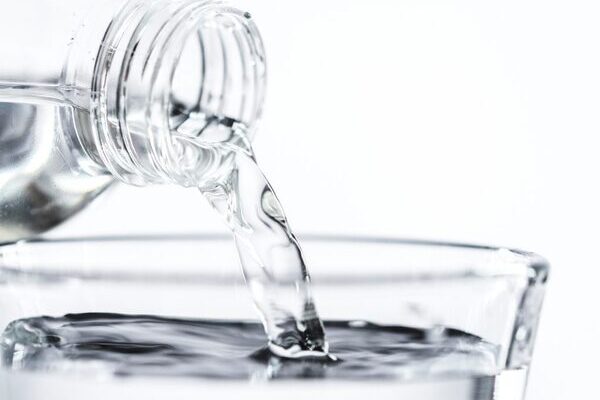
What makes alkaline water so special?
What is alkaline water?
It is water that has been “ionized”. In water H2O molecules sometimes disassociate, or break apart, into H+ (a hydrogen ion), and an OH–. This happens regularly, and these ions bind together again when they encounter another oppositely charged ion.
In pure (distilled) water, there are an equal amount of both at any one time. As there are no other sources of ions, they must come from a water molecule which produces one of each. The pH of distilled water is 7.0, which is neutral. A lower pH means more hydrogen ions, or a more acidic substance
When you add some table salt to water, and run it through a machine causing electrolysis, you get a mildly alkaline solution of sodium hydroxide. I’m not a chemist, so haven’t tried to explain this in detail. But this guy is a chemist, has a great explanation, and has a delightfully retro website!
What does alkaline water do?
This is a difficult question to answer because there are so many claims about alkaline water. Some are more conservative than others. My local distributors of Kangan water (who go by the name “Sexy Water”) are fairly restrained, as compared to other countries Australia has strict laws about the types of health claims a product can make, and that types of testimonials that can be used.
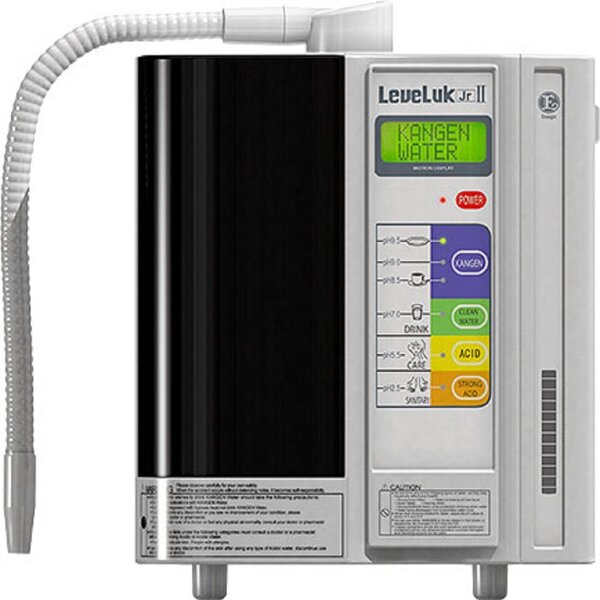
An example of one of the water filters we are discussing
What claims do Sexy Water make?
Not many at all! Sexy Water go out of their way to avoid specific claims, instead using vague testimonials. Subjective claims like better taste and increased energy levels are common, but hard to trust. After all, if someone expects to benefit from drinking this water, they probably will.
We also do not tend to see testimonials that make the product look bad, for obvious reasons. When was the last time a website proudly displayed a negative testimonial?
When these testimonials made more specific claims the website owners have removed the portions that would require more rigorous evidence.
So rather than provide evidence to support their claim, they make their claims vague to avoid the need for evidence. This is a major red flag of quackery. If it was clear your product worked, why not just show us that with high-quality evidence?
What other claims are made about alkaline water?
Different sources may make different claims. But the themes are often the same. You can look and feel younger, prevent or manage illness, and improve exercise performance.
Excessive acidity is claimed to cause fatigue, headaches, bloating and stress, and some claim it can lead to cancer! But notice most of these symptoms are all subjective, and hard to accurately assess (the cancer claims we’ll look at more closely later). This is also consistent with a placebo effect.
How seriously should we take claims about alkaline water?
Take all these claims with a grain of salt. For a start, most of the claims do not come from strong sources. In one example, a certified health coach quotes an integrative nutrition coach. Neither have formal qualifications in nutrition or physiology. And they make errors of fact or omission that tell us they can’t be trusted.
They state, for instance, that the body should be “slightly alkaline”, with a pH between 6.5 and 7.5 (but remember, a pH below 7.0 is acidic). And one of the common foods recommended in an alkaline diet is lemon, which is very acidic. It’s commonly claimed that this causes an alkaline reaction in the body, but I’ve never seen a good explanation for how this occurs.
In another example, well-known alternative health guru David Wolfe makes similar errors, that would be easy to avoid with some quick fact checking. He suggests that apple cider vinegar (acidic) and baking soda (alkaline) combined will treat your body’s acidity. No reasoning is provided. He also claims that many household cleaning products are acidic and should be avoided. Household bleach, however, has a pH of around 12.
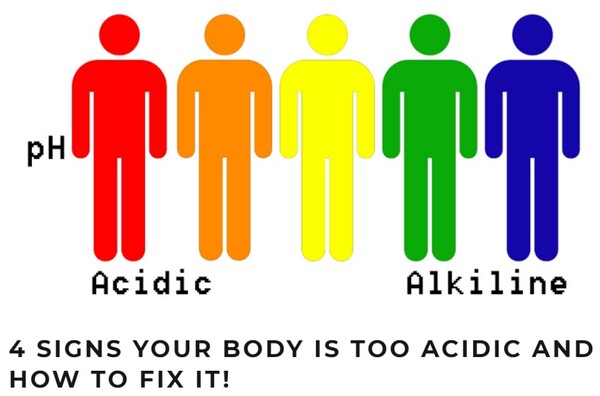
David Wolfe not only has strange ideas about making your body alkaline, he has strange ideas about spelling “alkaline”. Source: davidwolfe.com
You probably don’t need to worry about your body’s acidity
Even notion of our body being either acidic or alkaline is not based on evidence. The acidity of our body varies greatly. Stomach acid is very acidic (of course!), while bile, which neutralises stomach acid on our intestines, is alkaline. And our urine is acidic, which limits the growth of microbes.
In fact, our body does a great job of maintaining the pH of different organs and systems, through a process known as homeostasis. Any changes in our body’s pH are quickly corrected. So it’s not clear that it’s even possible for alkaline water to have an effect on the overall pH of our body.
If it did, it may lead to other complications. All our foods and drinks could have the same effect. It would mean we would need to constantly balance the acidity and alkalinity of everything we consume to keep our body within a healthy range. This would be extraordinarily difficult and time-consuming!

Can you imagine trying to balance the pH of everything you ate, time it appropriately, while accounting for your physical activity levels? We’d never get anything else done!
Is there research proving alkaline water works?
On first impressions, yes there is. If you look at the Sexy Water website, for example, we see links to search results from academic search engines PubMed, and Google Scholar.
But most of the research in these search results is not relevant. There are rat studies, and there are papers looking at disinfecting and storing food. There is little that directly applies to people, and nothing I could see that supports most of the testimonials on the website.
Of course, there is little the casually interested reader could easily understand. Unless you are highly trained in these fields, you will not be able to interpret this research properly. And if you are deciding whether to purchase one of these products, you probably aren’t reading that far. You might just decide that it sounds sciency and buy one.
Alkaline water cancer claims
Alarmingly, some providers of alkaline water provide information about cancer. Though careful to stop short of claiming a cure, they are quick to identify that an acidic environment contributes to cancer growth.
This is another red flag. If someone is talking about curing or treating cancer as if it was one disease they probably aren’t qualified to make any claims. “Cancer” is a range of diseases, with different causes and effects, that share a characteristic of abnormal cell growth. We can’t treat them the same. So just like the simplistic claims about our body’s pH, simplistic claims about treating disease should be concerning, to say the least!
How good is this research evidence supporting these claims?
The website of Alkaline Water Plus states that using a water ionizer can help to protect against cancer. And they helpfully provide links to some research to support this claim.
But the research doesn’t support this claim. One paper they link to is a review that identifies (in passing) that a local acidic environment can favour tumour growth. But as we’ve already identified, your body is a myriad of different types of acidity. And this effect is demonstrated in vitro (literally “in the glass”, meaning in the lab). In other words, if these effects are real, they have not been demonstrated in humans. Another red flag.
There is another review (essentially an opinion piece, not original research) by Joseph Pizzorno, a naturopath who is one of the founders of Bastyr College, an institution of highly questionable quality.
In fact, they don’t cite any original research, and certainly not any research in people. It’s very common for effects that show up in the lab, or in mice, under very controlled conditions, to disappear when tested in more complex environments. Like the human body.
What does the human research say?
There is some useful research we can look at here. Do you wonder why these businesses don’t cite these studies? You won’t, once you see the results!
One is a systematic review of the effect of acidity in the diet on humans. A systematic review is a review of all the original research coming before it, in a way that reduces bias by using clear inclusion criteria. The authors then form an opinion based on the whole body of research.
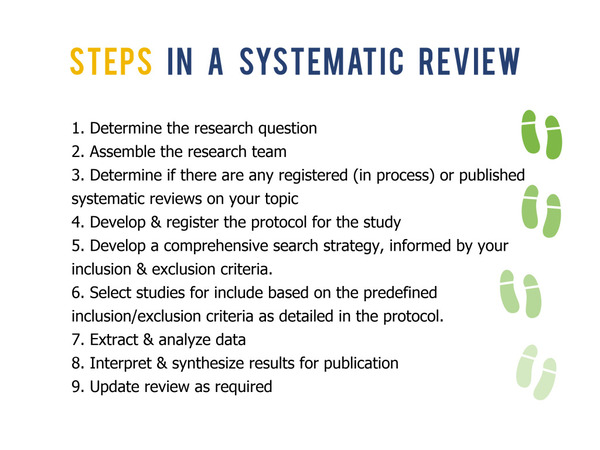
The steps in conducting a systematic review, with thanks to the University of Toronto.
This review found only one paper assessing the impact diet and alkaline water on bladder cancer, with no effect.
There have been other systematic reviews of alkaline water for other health conditions. Researchers found no effect on osteoporosis, and at best mixed results with diabetes (though the quality of this review, and some of the papers it included, is suspect).
Given our expertise here at Critical Fitness is exercise, we are now going to explore the claims around exercise that have been made.
Can alkaline water help me exercise?
According to some opinions, it absolutely can. But again, they are light on evidence, and rely on testimonials. When assessing exercise changes not only do we need to consider placebo benefits, other changes to your lifestyle may make it hard to attribute your improvement to any one cause (as we discuss here).
But let’s give them the benefit of the doubt and explore how it could work. If alkaline water has an effect, it might help in buffer against the impact of hydrogen ion build-up during high intensity exercise, such as repeat sprints. This helps maintain blood and muscle pH during exercise and may help us tolerate these sprints for longer.
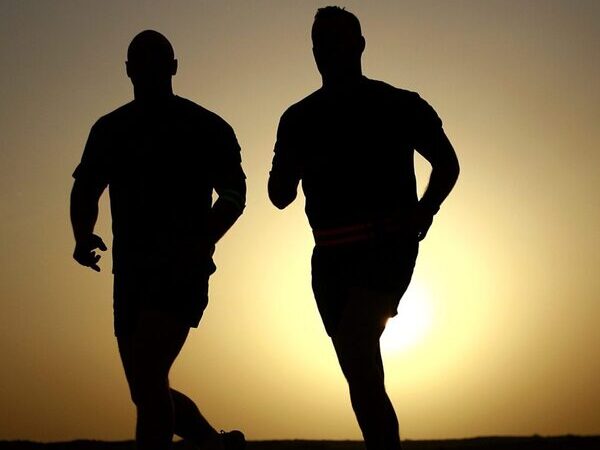
Exercise at higher intensities can lead to a temporary increase in acidity in our blood and muscles, which decreases again as we recover
Our body does this buffering naturally to maintain pH (homeostasis, remember?). But once we exercise at a certain intensity acidity in the muscles and blood increases until we stop, either voluntarily or due to fatigue. We know that supplementing with bicarbonate has a useful effect on our ability to tolerate high exercise intensities. You need to take quite a lot though, which can be quite unpleasant.
Alkaline water used for drinking and sodium bicarbonate are unlikely to provide a similar amount of buffering. After all, alkaline water is mostly water, not the ions that provide the buffering effect itself. Sodium bicarbonate can be taken as a capsule, or with large quantities dissolved in water, providing a far greater buffering effect. Either way it’s quite unpleasant, so I can see why alkaline water might be a more attractive proposition!
Get to the point, does it work?
It should be easy to prove. After all, lots of research shows the effect of bicarbonate on exercise. So what evidence is presented to show that alkaline water improves our exercise performance?
No research is cited on the websites I looked at. In my own searching I found one paper from 2018 which showed a positive effective. But the paper is poor quality, in a poor-quality journal, with results not reported adequately, and an inadequate sample size. So I’m inclined not to trust these results.
What I did find a lot of, however, were opinions!
Who promotes alkaline water for exercise?
Many of the distributors’ websites for Kangen water I looked at listed the same people, and used the same quotes, when talking about the fitness benefits of alkaline water. So let’s go through the people endorsing these products one by one, see who they are, check their qualifications, and see what evidence is provided…

When relying on testimonials and opinions to support a claim, the quality of the opinion matters! Whose opinion we rely on, and what expertise they have, is important.
Paige Hathaway
A social media influencer who owns a Kangen water filter. A couple of gossip sites stated that she has a sports medicine degree, but more reputable sites, and interviews with Paige herself, don’t mention this. Instead attention is on her entry into the fitness modelling industry in her early twenties.
In any case, no quote is provided, so we don’t actually know what her opinion is, or how trustworthy it is. The fact that she owns a filter is used as a way of convincing us the product is effective.
Shan Stratton
Apparently Shan has consulted for a number of sporting organisations. The problem is the only places I can find this mentioned is on the websites of people selling alkaline water. I was not able to find out how formal these relationships were, or how long they lasted for.
There is no mention of what qualification Shan might have, and no qualification is identified on his LinkedIn page. It also appears he has a financial interest in the product he is discussing, so I’m not convinced he’s a reliable source of information either.
Jillian Michaels
At last we have a recognised fitness professional on the list. But not a highly qualified one. Jillian (of Biggest Loser fame) does not have a university education from what I can tell, but does hold (or has held) certifications from two organisations that register personal trainers.
One is from NESTA (the National Exercise & Sports Trainers Association), and the other from the AFAA (American Fitness Association of America – strange acronym, isn’t it? Anyone else think about Dodgeball?!).
Both certifications involve about 10-15 hours of online videos, some reading, then an online exam, and cost around US$500. So she is a qualified trainer, but her endorsement is not a substitute for carefully designed and conducted research.
Wade Lightheart
And finally someone we can confirm has seen the inside of a university. Wade (originally names McNutt) completed at least part of an exercise science degree program to pursue his passion for exercise on his own terms. That seems to have gone well, as he was a very successful bodybuilder. But he also appears to have a financial interest in this product. So again, probably not a high-quality source of information.
Wade is quoted extensively on some pages, and makes a lot of extra claims to support alkaline water. Some of these are implausible, and all require additional follow up. This endorsement does not provide any evidence of an exercise benefit.
What can we decide about alkaline water from all this?
Keep in mind the limitations of this article. We are only looking at alkaline water, and our focus was on exercise. We’ve found no reliable evidence to support any effect on our exercise ability.
The most likely mechanism, if there was an effect, would be buffering against hydrogen ion build up. But water won’t have the same buffering capacity as bicarbonate, so this is still highly unlikely. And in any case, it’s not been clearly demonstrated to have this effect.
More broadly, it has also not been shown that alkaline water has any clear health effects in humans. There are one or two cherry-picked studies relied on to support vague claims, but a lot of other evidence seems to be ignored.

This fallacy pops up again and again here at Critical Fitness. Look at all the evidence, not just what you agree with!
People selling these products rely on testimonials, vague claims, dubious experts, and cherry-picked data. These are all red flags that lead me to conclude that the product isn’t effective.
Note:
This article was first published on the 5th of August, 2019, and mainly focused on the Sexy Water website. They since updated their website, and removed most of the specific claims made. The article was updated on 26th of April, 2020, taking a broader view at the claims around alkaline water, drawing from a number of sources.
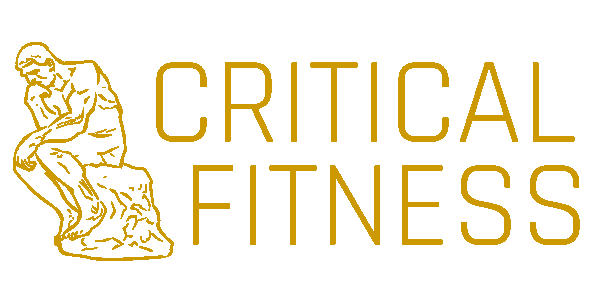
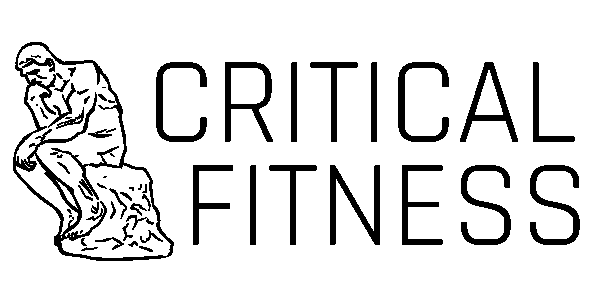

Our skin, stomach, intestines and blood are at different pH levels so there is no justification to say alkaline water is best for health. The body does its job of regulating the pH in each environment, so we should leave water in its natural state and the body will take care of itself. However, I believe alkaline water may be used for medicinal purpose but not as a dietary requirment. That’s my take.
Thanks for commenting Allison!
From what we can tell, there is no good evidence for any effect of alkaline water – even for medicinal purposes. But we continue to keep our eye out for new research
A well written and informative article. There is quite a lot of research about alkaline water and recovery assisting elite athletes and lactic acid recovery. Other benefits of H2 in water, particularly for athletes have also been assessed.
Some interesting articles for you to read, we are compiling additional research papers at the moment for a new blog to be published soon.
https://www.alkaviva.com.au/blogs/news/alkalinity-and-hydration-for-athletics
https://www.alkaviva.com.au/blogs/news/how-to-get-the-benefits-of-water-infused-molecular-hydrogen
Thanks for reading Dan! I look forward to seeing more research findings in the future, and updating the article.
The links you provide only cite one paper. And it examines an alkaline supplement similar to the ones discussed in the article. I addressed the differences between these supplements, and alkaline water produced by the machines discussed, in this passage:
“We know that supplementing with bicarbonate has a useful effect on our ability to tolerate high exercise intensities. You need to take quite a lot though, which can be quite unpleasant.
“Alkaline water used for drinking and sodium bicarbonate are unlikely to provide a similar amount of buffering. After all, alkaline water is mostly water, not the ions that provide the buffering effect itself. Sodium bicarbonate can be taken as a capsule, or with large quantities dissolved in water, providing a far greater buffering effect. Either way it’s quite unpleasant, so I can see why alkaline water might be a more attractive proposition!”
It’s not reasonable to assume the same effect in alkaline water produced from machines such as Kangen water (or any other brand). It needs to be reliably, consistently demonstrated. And I’ll definitely report on it, if/when it is demonstrated.
thanks for the information and advice
Thanks for the informative article. It’s great to see one without any bias and just stating facts. Good work!
Thanks Stanley, glad you enjoyed the read.